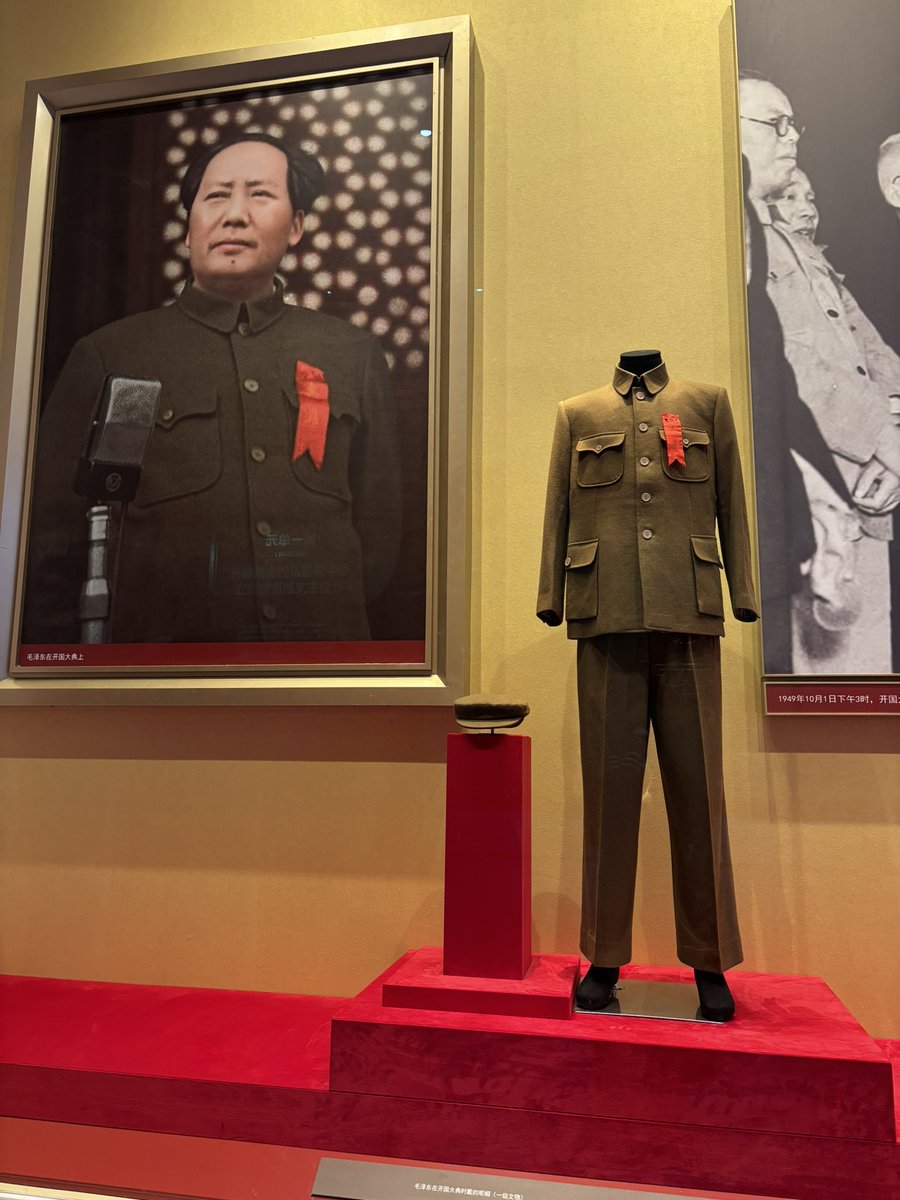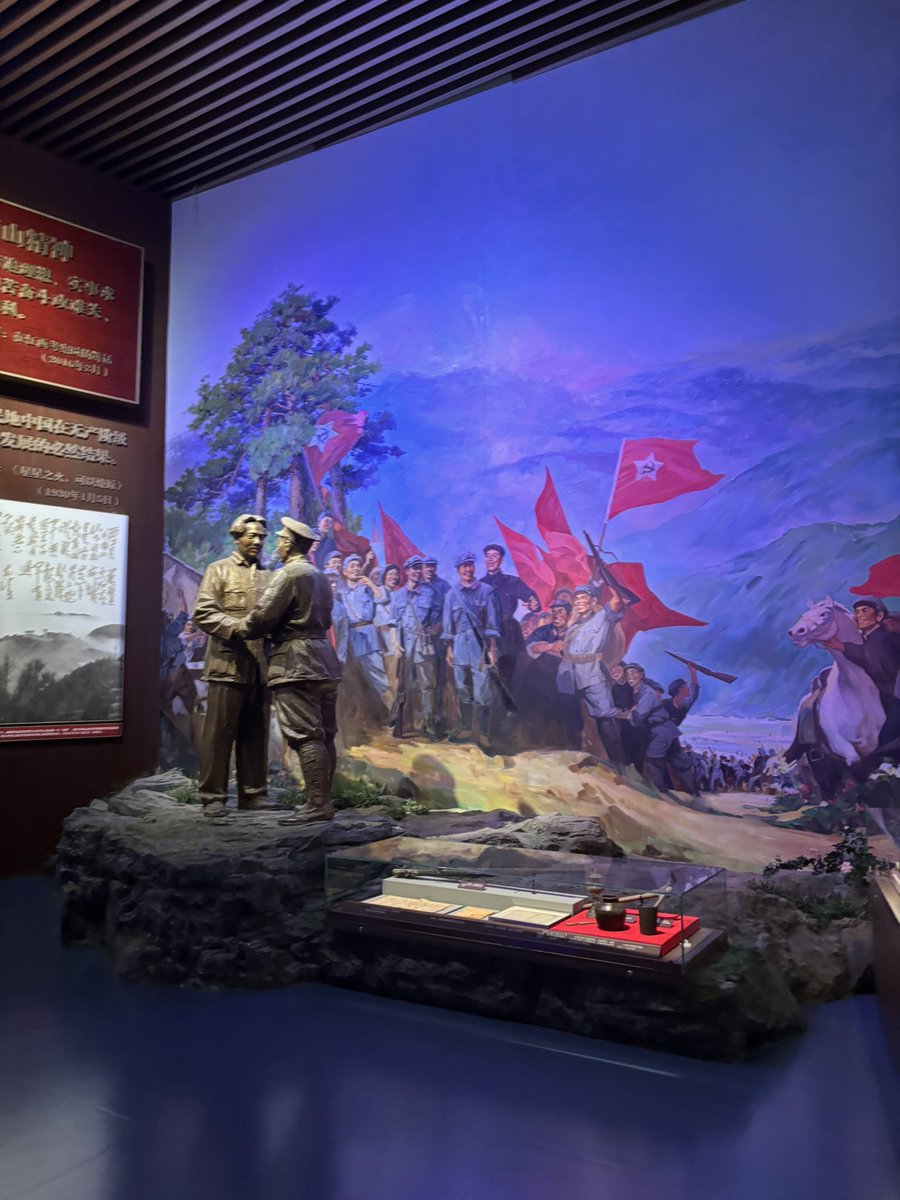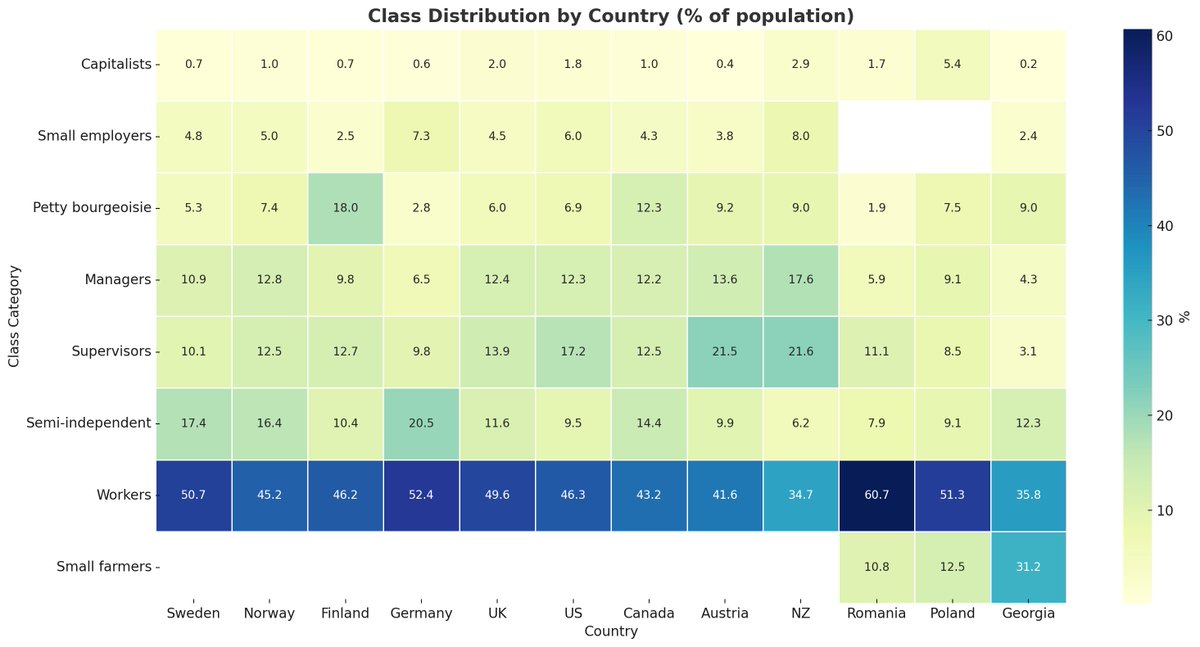
Old school socialist. Follow me for Soviet Georgia History podcast and current events in Georgia (the country); working class and social/economic commentary.
2 subscribers
How to get URL link on X (Twitter) App





 The Chinese revolutionary and modernization narrative is one of collective sovereignty, civilizational revival, and sustained material transformation over a century. For much of the Western left, the primary focus has historically been on critique of their own systems, labor struggles, and more recently, identity and cultural politics. The scale and central thrust of China's project—a state-led, party-organized mobilization for national rejuvenation—doesn't easily fit into these established modes of thought.
The Chinese revolutionary and modernization narrative is one of collective sovereignty, civilizational revival, and sustained material transformation over a century. For much of the Western left, the primary focus has historically been on critique of their own systems, labor struggles, and more recently, identity and cultural politics. The scale and central thrust of China's project—a state-led, party-organized mobilization for national rejuvenation—doesn't easily fit into these established modes of thought.




https://twitter.com/picturesussr/status/1828011756427386980Have the heart or courage to tell him, it was terrible and tasted unnatural. I preferred the 2 flavors and with fresh strawberries - 3 flavors of Soviet Union. He was conditioning me to hate communism. He would take photos of me in grocery stores in USA and I’d happily smile
